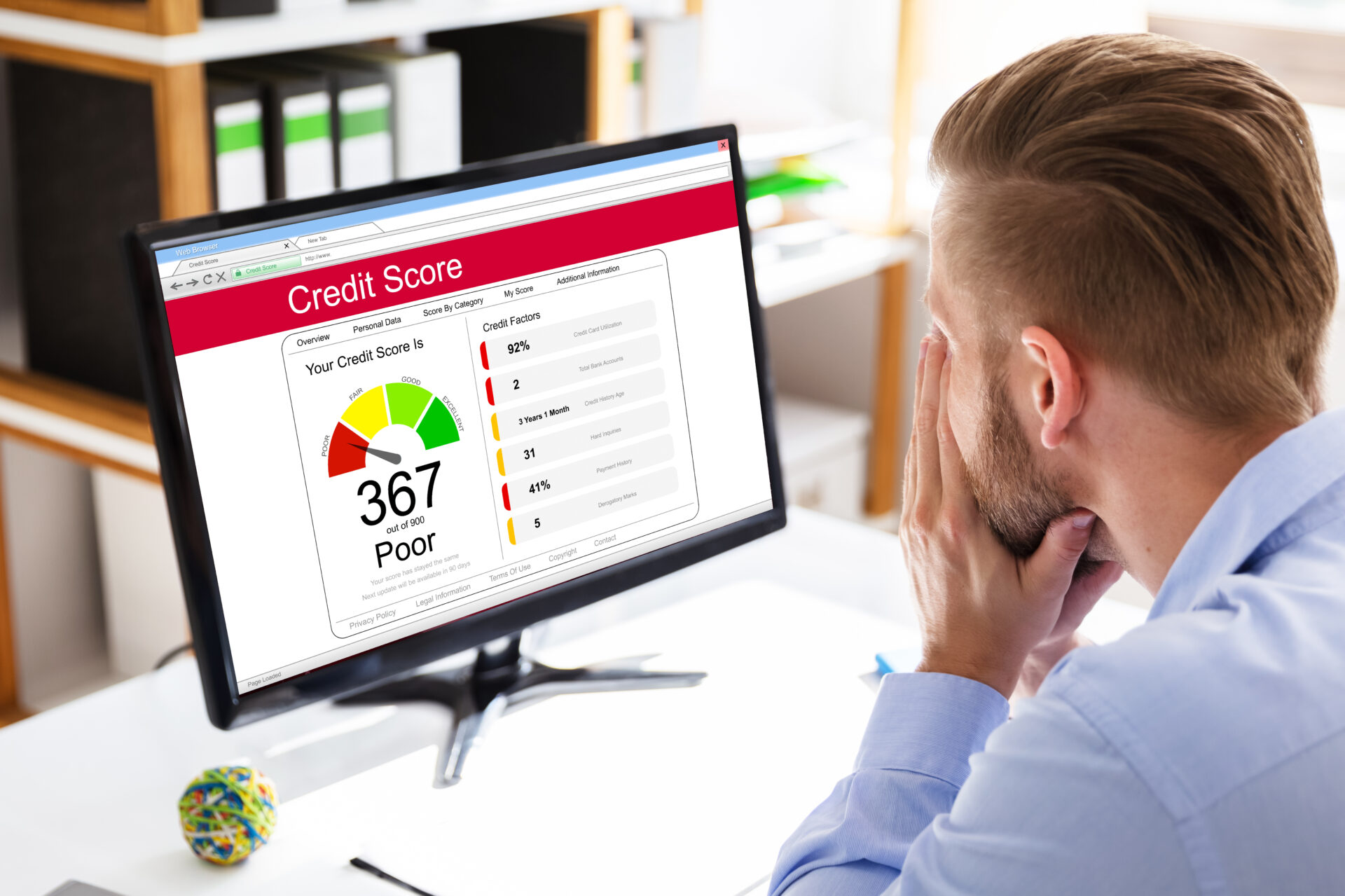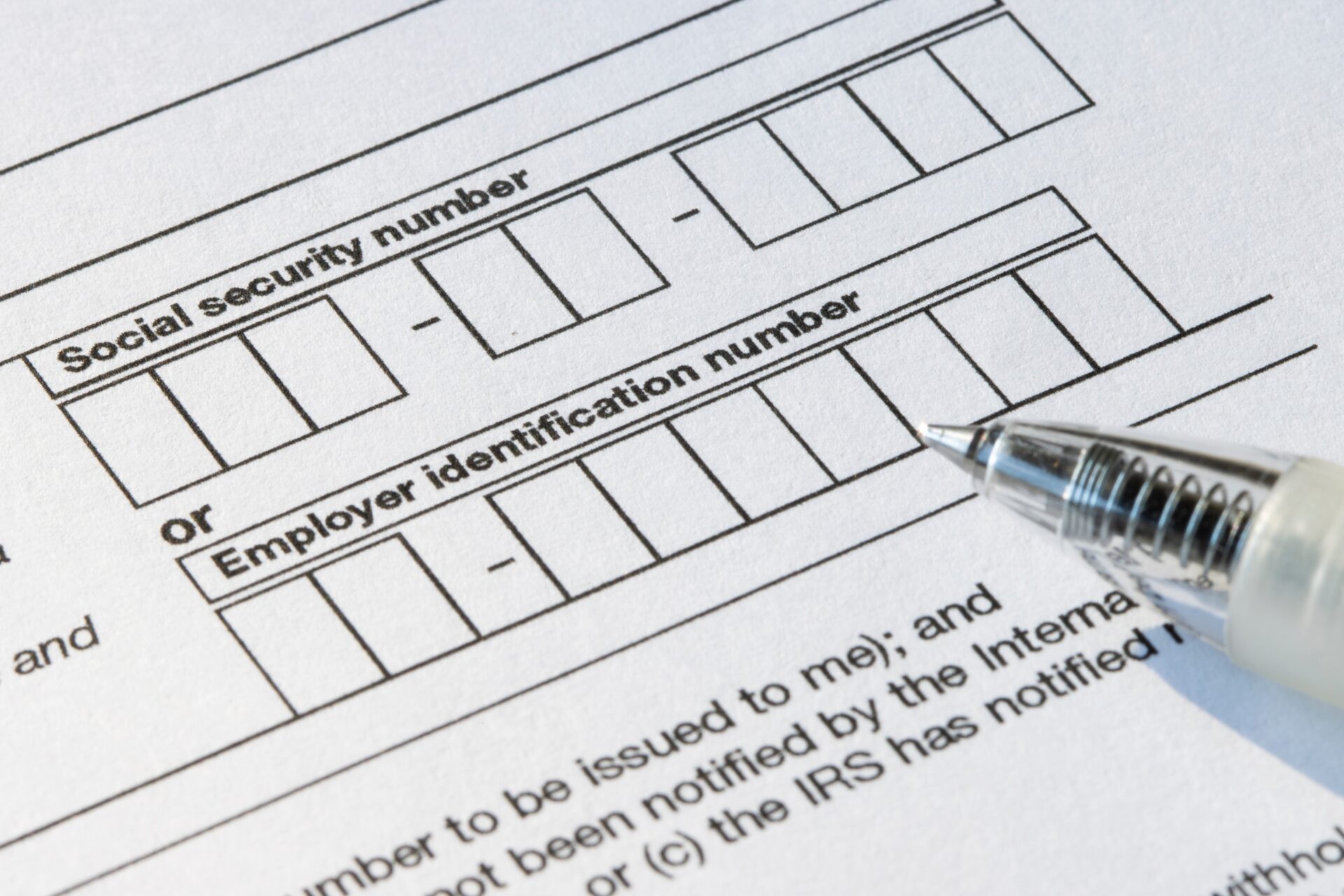How does invoice factoring work?
Companies who need additional capital to cover unforeseen expenses, day-to-day costs, or simply cover payroll, can turn to alternative financing. Such as invoice factoring, to secure the additional cash needed.
Invoice factoring is the process of selling a business’ outstanding invoices (or Accounts Receivable) to a specialized company or lender, and that company then buying them at a discounted rate. The business receives a certain percentage of the total amount of the invoice. The factoring company now becomes the authorized payee of the invoice and authorized to collect the amount from the customer named in the invoice. In the majority of scenarios, once the payor completes payment for the outstanding amount, the remaining balance is then sent to the business minus a small fee.
With a quick and straightforward process, it is no wonder that invoice factoring is becoming increasingly popular with businesses. However, some are still wary to try this alternative because a question comes to mind: “Can we qualify for the services of invoice factoring with fair or poor credit score?” Let’s find out.
Is it possible to qualify for invoice factoring with poor credit?
Companies that specialize in providing funding for businesses have many criteria before they approve the release of funding. Traditional banks often rely on a business credit score – its performance when it comes to loan payments and the overall health of the business. However, this is not exactly the same case for invoice factoring.
A business can still choose the services of invoice factoring with a fair or poor credit score. It can be seen as normal for a business to have a poor credit score. It may take a lot of tries for some to achieve the level of success that their business has acquired. The majority of factoring companies look will place most of the criteria on the creditworthiness of your customers – those named in your invoices. It is therefore important to have clients with established businesses and good payment histories. Keep in mind that with invoice factoring, you are selling the invoices and no debt will be incurred; therefore, having poor credit will not bear as much weight as it does with traditional business lending or traditional banks.
How do factoring companies determine the terms and conditions?
Once your business passed the factoring company’s evaluation, next comes the release of the funds subject to certain conditions. The terms of factoring companies are based on several items.
First and probably the most important is your business clients. Factoring companies will look at the client’s profile to see how established the company is. As well as check on their credit, trade experience, and various similar variables to see if they have a suitable record or acceptable performance. Another is the number of invoices that you are applying for factoring. They may assess the volume and the total amount of the invoice. Along with the industry the business’ client are in or buy/sell to may play a vital role as to term and conditions. This is done to assess if the business is in an industry that is volatile, or if it is in a relatively stable industry.
These items are what may affect the terms of the factoring agreement. Depending on their assessment, factoring companies may impose a higher or lower service fee. They may also decide what percentage of the invoice amount shall be paid.
Will invoice factoring affect your credit?
In short: no, invoice factoring will not affect your business credit score. What is involved in invoice factoring is the sale of your business’ outstanding or unpaid invoices. This does not involve any debts. Therefore, since no payment of debts is involved, the credit score of the business remains untouched.
Now that we got that out of the way, we hope to have answered the lingering question in your mind. Alternative financing options are offered so businesses can maximize them to their advantage. Take the step to give what is best for your business.




